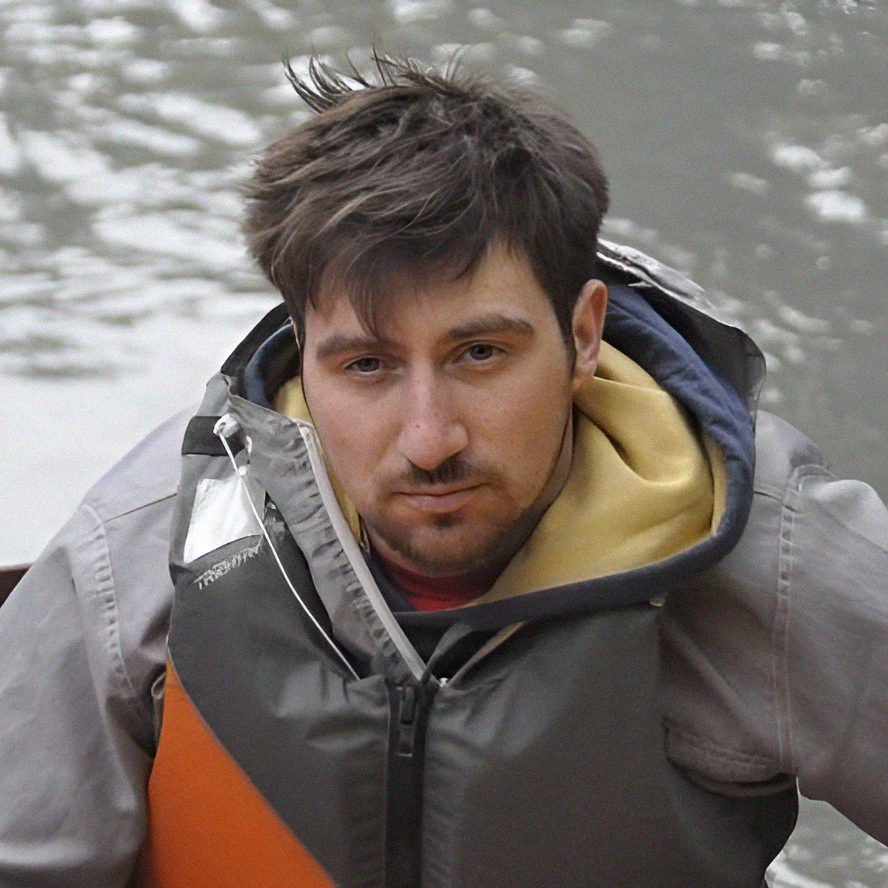First Semester at KAUST as CEMSE/CS Ph.D. Student
About my first semester (Fall, 2020) at KAUST.
At KAUST, classes are not big, and professors are world-level scientists.
This allows direct dialogue with professors on the subject to obtain deep insights and inspiration for the paper.
Classes that I took (CS331, CS380, STAT250, CS398):
As a subpart of my academic load, I took several exciting classes at KAUST during my first semester, which I can use for Ph.D. qualification requirements.
In this post, I would like to give some small insides about all of them.
Stochastic Gradient Descent Methods, CS 331 with prof. Peter Richtarik
There are a lot of materials. And in my personal feeling, this course should have six credits.
The course was taught by prof. Peter Richtarik has a lot of interaction with the students. In particular, the professor proceeds with lecture materials only if everybody understands what is happening.
If you’re a student, you love math, and you’re working to create future Machine Learning/AI, you should enroll in it definitely!
From course description: “Stochastic gradient descent (SGD) in one or another of its many variants is the workhorse method for training modern supervised machine learning models. However, the world of SGD methods is vast and expanding, making it hard for practitioners and even experts to understand its landscape and inhabitants. This course is a mathematically rigorous and comprehensive introduction to the field and is based on the latest results and insights.”
This is the first course in the world of such a kind. Reasons:
- It covers recent materials from 2010 to 2020 in the theory of SGD.
- Material covers tools to analyze existing algorithms and ways to construct own algorithms suitable for a specific situation or specific Hardware
- Original methods have been developed, not in a very uniform way. This course systematizes this and brings unification without loss of convergence guarantees.
GPU and GPGPU Programming, CS380 with prof. Markus Hadwiger
This exciting and intensive course covers compute and graphical pipelines of modern GPUs teched by prof. Markus Hadwiger. Course webpage: https://faculty.kaust.edu.sa/sites/markushadwiger/pages/cs380.aspx
What is an extra benefit is the level of the details has different scales - from low-level hardware aspects of GPU to high-level programming concepts. The course benefits people who want to work with GPU and obtain maximum benefit from it for computation or graphical projects.
My final project for the course: Final project report
Class is beneficial for people who are going to use GPU.
Sometimes middleware libraries or tools allow you to mitigate direct GPU programming. Still, in the case of creating something non-traditional, you have to program GPU directly if speed is essential to you.
Stochastic Processes, STAT250 with prof. David Bolin
Contents of this course are relevant to several disciplines, including statistics, communications and information systems, computer engineering, signal processing, machine learning, bioinformatics, econometrics, and mathematical finance.
Contents: Probability theory, Introduction to Random Processes, and main concepts. Covering different forms of stochastic processes and valuable properties and tool work with them:
Poisson processes, Gaussian processes, Branching processes, Linear filters, ARMA models, Markov discrete and continuous-time chains, elements of queuing theory.
The course has time-limited exams. The course is exciting, and prof. David Bolin is a very interactive and excellent prof. David Bollin. As of December 2020, David Bolin is an elected member of the International Statistical Institute. And in 2022 Professor David Bolin earns American Statistical Association Section on Statistics and the Environment Early Investigator Award.
If you’re familiar with Probability Theory and Functional Analysis, it will help in the first part of the course.
CS398 Graduate Seminar organized by prof. Markus Hadwiger
Graduate Seminars is a non-credit weekly seminar in various fields that has a connection to the CEMSE division where speakers are professors from KAUST or another university, which share their research or observations.
In one of the seminars, it was an interesting recommendation from prof. Peter Wonka about graduate (MS/Ph.D.) studies and what does it mean: https://www.youtube.com/watch?v=ln9pOPOCl9k
